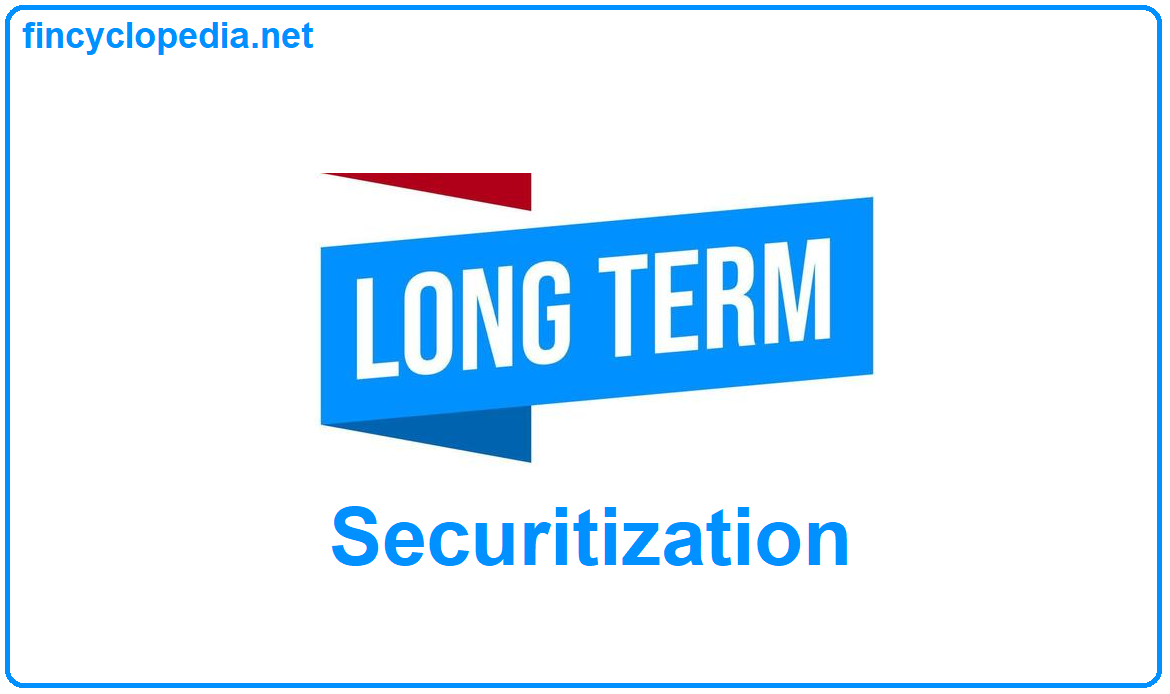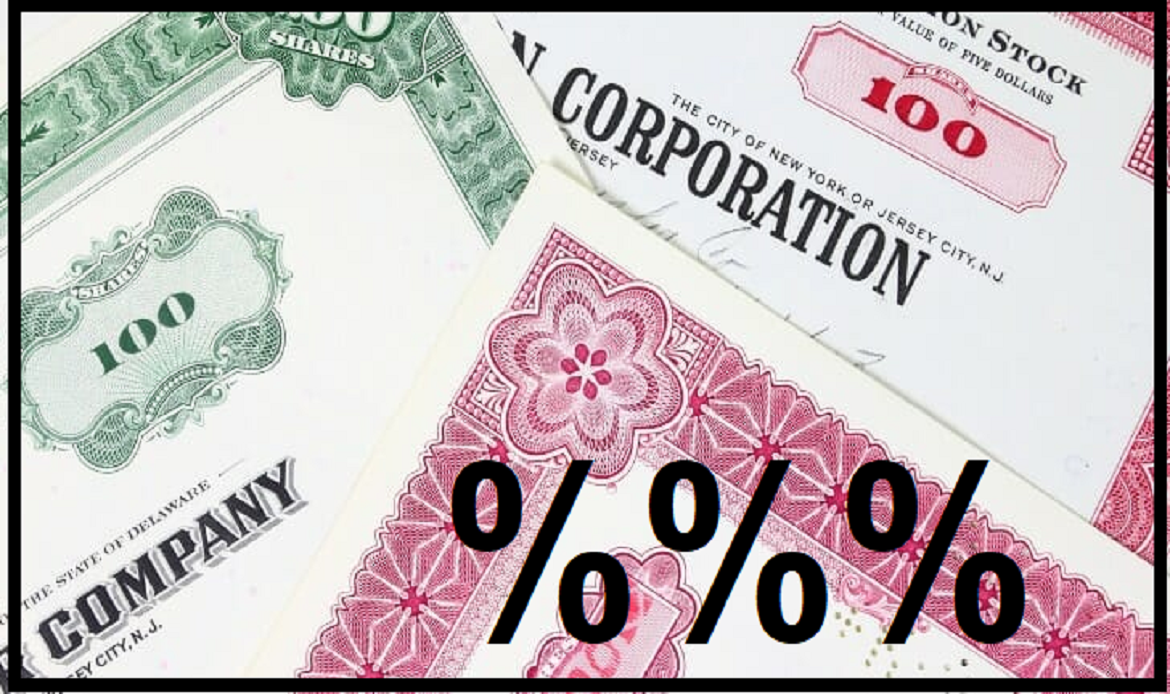A form of zero-coupon convertible bond (convertible zero-coupon bond) that was introduced by Merrill Lynch in 1985. This note was structured as a zero coupon, convertible, callable and putable bond. It was issued at a discount from the par value, and it could be converted into a fixed number of shares (according a preset conversion ratio).
If it was not called, converted or redeemed prior to its maturity date, the note provided a yield of 9.05 percent to the holders. It allowed investors to have a put option exercisable on a future date at a price equal to the original offering price of the note plus interest that had accrued on the date of put option exercise. In this sense, the instrument was designed to reduce the downside risk while allowing the holder to participate in equity upside potential.
The first company that used this instrument to raise funds was Waste Management Inc., US.
This note is known for short as LYON.







